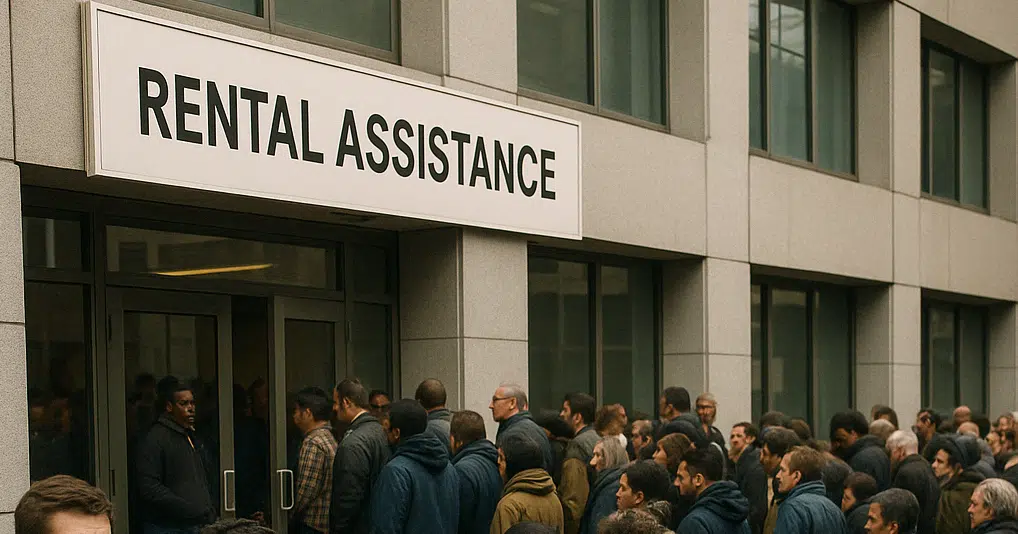Rising income limits and shifting housing costs could impact how much Section 8 tenants pay in rent in 2025. With new guidelines released by the U.S. Department of Housing and Urban Development (HUD), tenants in affordable housing programs are asking: will my rent go up?

Here’s what to know about Section 8 rent calculations, how income changes affect your payment, and what to do if you’re concerned about an increase.
How Section 8 rent is calculated
Under the Housing Choice Voucher program, tenants typically pay 30% of their adjusted monthly income toward rent and utilities. The housing authority covers the remainder, up to a limit known as the Payment Standard.
Your rent portion is recalculated if:
- Your household income increases or decreases
- You move to a new unit or your landlord raises the rent
- Your family size or expenses change (like child care or medical costs)
Why HUD’s 2025 income limits matter
HUD’s April 2025 income limit update raised thresholds in most regions, with over 70% of counties seeing increases. These new limits affect:
- Eligibility: Higher thresholds may allow more families to qualify.
- Payment Standards: Local authorities often use HUD’s income data to set rent ceilings.
- Tenant Contributions: If your income rises, your rent share may increase too.
➡️ Read more: 2025 HUD income limits and what changed
Will tenants see higher rents in 2025?
Not automatically. Your rent will not go up just because HUD updated income limits. Rent changes only occur if:
- Your income increases significantly
- Your landlord raises the unit rent
- Your housing authority adjusts its Payment Standards based on market data
Each housing authority makes those decisions independently, typically once per year.
What to do if you receive a rent increase notice
If your rent share goes up in 2025:
- Request a breakdown from your housing authority
- Report any recent changes in your household’s income or deductions
- Ask about hardship waivers if the new amount is unaffordable
Local legal aid and housing nonprofits can help you appeal or request an income reassessment.
Staying protected
Tenants should:
- Report income changes promptly
- Keep proof of expenses that qualify for deductions
- Review their lease terms to understand rent hike rules
Your local Public Housing Agency (PHA) is required to provide 30 days’ notice for any rent increase.
Related Reading
Want to check out more from FL1? Check out these related topics!
- Your Life, Your Money
- Stimulus Check News
- DOGE News
- Food Stamps & SNAP News
- Social Security News
- SSA Cost of Living Adjustment News
- IRS News
- Child Tax Credit News
- Latest from Congress
- Gas Prices
- Medicaid
- Medicare
Stay informed. For the latest breaking news and headlines from across the FL1 National Desk subscribe using the Google pop-up prompt or download the FingerLakes1.com App!
